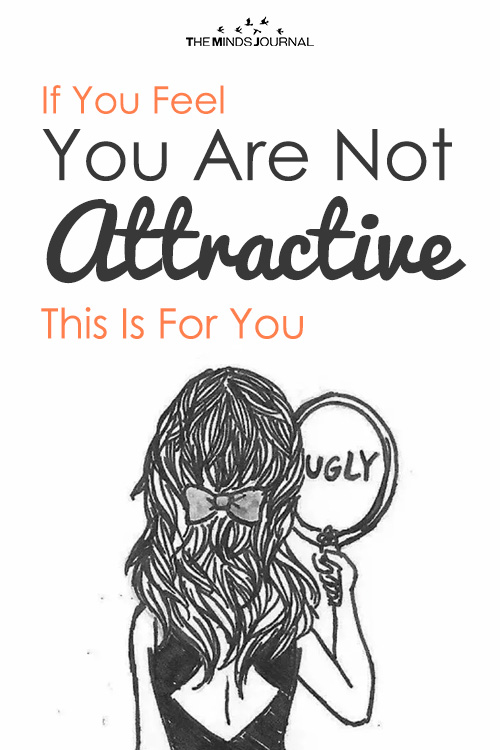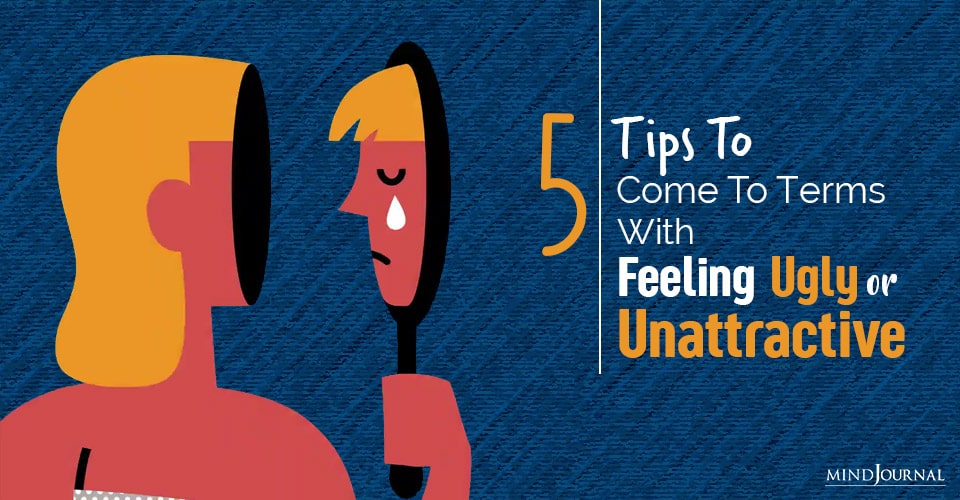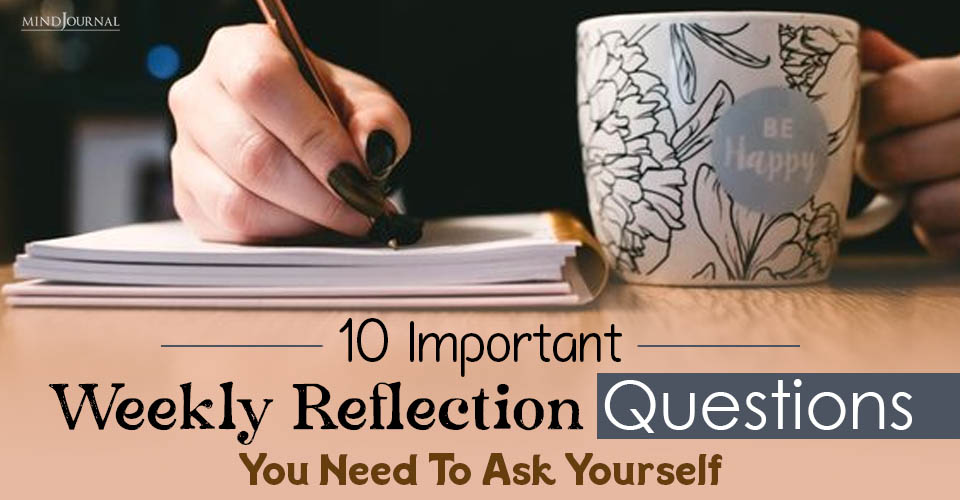Do you continually feel that you are ugly or unattractive? No matter how much effort you put into your physical appearance, there’s always that quiet nagging feeling that you still don’t look good?
While enough research has gone into finding out what people consider attractive in other people based on gender, age, income, and various other criteria, one thing is clear. Not everybody matches the “ideal” of being attractive.
Logically speaking, everybody on the entire planet won’t live up to the standards of attractiveness and some may even say, what’s the fuss about it?
But hey, look at the age we live in.
While most of us don’t link our leanings towards attractiveness as being part and parcel of being innately “animal”, day in and day out we send out not-so-subtle messages through our media, our advertising, and our entertainment channels.
What this creates is a constant atmosphere of keeping up with what looks good as well as comparisons with those standards. And one can easily imagine how that affects anyone who does not make the cut at being an “attractive” person.
Now if you break this down further, you might see why unattractiveness is both a real and often an unacceptable thing. Attractiveness is instinctively linked to a better shot at life, mate-finding becoming easier (“better” mates to be found as well) as well as acceptability and validation from other members of the social group. The way the human species has evolved, this drive has become fairly unconscious, despite continuing to dictate many of our survival decisions, from the shadows.
The point though is how do you cope being an unattractive person?
Here are 5 coping strategies that can help you come to terms with feeling ugly or unattractive.
1. Look At Beauty Objectively.
Messages around beauty are so stuffed into our faces that we often forget all that goes into making a person beautiful – great genes, makeup, and even software brushes! Let’s admit that we live in a time of excess where “bigger”, “better”, more” are terms that we have to co-exist with even if they are not being used in every conversation. Like they say, it’s in the air!
What’s really important at such a time is to look at the phenomenon of “beauty” with a keen objectivity. Is it everything? How is it achieved? What are messages around beauty trying to tell us? Is beauty just a matter of convenience? These are questions I often end up asking while going through articles, news stories and while conversing with friends. You’re free to look at the phenomenon the way you want but some amount of distance from it could help you come to terms with your own looks.
Related: How You Need To Talk To Your Daughter About Beauty
2. Consider Beauty Comes With Its Own Issues.
Another message that has often been overplayed is this – everything is taken care of when you’re beautiful. The media creates the narrative that beauty means more happiness, more sex, more friends, more money and the list literally goes on.
The darker aspects aren’t covered – that even beautiful people are often insecure, that the world values other qualities like effectiveness and skills as much or even more than beauty, that beauty fades. As much as these might sound philosophical, the fact is that they are all true.
Ever wondered to what lengths people go to attain a sense of beauty?
Eating disorders are a case in point. In her book “Girl in the Mirror: Mothers and Daughters in the Years of Adolescence”, Nancy Snyderman talks of how eating disorders can be directly linked with a preoccupation with beauty. Even speaking of less serious beauty-related issues, beautiful people often secretly wonder if they are being accepted and loved only because they look the way they do.
So you see how the grass on the other side isn’t necessarily greener.

3. Work Around Your Self-critical Voice.
The way of the world is that the human collective puts a certain value and worth on beauty. Our art, design, musical compositions, and a lot more in creation address the underlying spirit of beauty.
And whether we like it or not, aesthetics and living up to them become a big part of human existence. This means that when you figure out you’re probably nowhere close to all those faces that appear on billboards and magazines, that internal voice that wants things a specific way gets activated, and you end up feeling ugly.
This part of us is often referred to as the inner critic. And the inner critic can be ruthless. Especially if it has fed on other human voices that haven’t approved of your looks or physical beauty. This side of us is intrinsically connected with our primary years, and what our primary caregivers made us feel about ourselves. The self-critical voice, once you’ve registered its presence, needs to be worked upon.
I’m not saying that’s easy, but with enough mindfulness and rigour you can develop alternate voices that can counter the harsh criticism that comes from this side of you.
Related: ‘Am I Ugly?’ How To Respond To This Uncomfortable Question
4. Evolve Your Personality.
In the quest for beauty and physical attractiveness, we often forget something that’s equally or even more important. Our personality. The one thing that shines through whether we are popularly considered beautiful or not. Our personality is a sum total of our experiences, our skills, how we engage with ourselves, and what we bring to the world.
Though this is a rough summation of the whole gamut of possibility, you can imagine that our personalities do need work and given the attention it deserves, can be our prime focus and also of those we come in contact with. It is a lifetime worth of commitment and change can be indeed slow, but as many seekers have recounted, it is a path that only allows for more growth and acceptance.
5. Come To See It As A Journey.
Coming to terms with something the world at large questions, is difficult. To believe that acceptance will come from outside and then make its way inside is setting yourself up for disappointment. The journey has to start within until acceptance is such a given, that most people around you won’t question your stance. Accept that coming to terms with the gap between reality and expectations takes time.
If you consider yourself ugly, it’s probable that you secretly crave acceptance from the world around you and keep hoping the air clears out for you to be who you exactly are. For that to happen, the journey for you to accept yourself must begin.
You might see old patterns of thinking again and again, but the point of developing self-awareness is to accept it all, as it emerges, so that you don’t feel that you are ugly all the time.
Related: 10 Reasons To Embrace Change For Personal Growth
While working on strategies to come to terms with how you look, it’s vital that you remember all those things that work in your favor. It could be your humor, the way you quickly make connections, or even the way you make people feel eased in social circles.
Making space for what works on your behalf while you begin implementing the coping strategies, can be helpful and much less overwhelming emotionally.











Leave a Reply